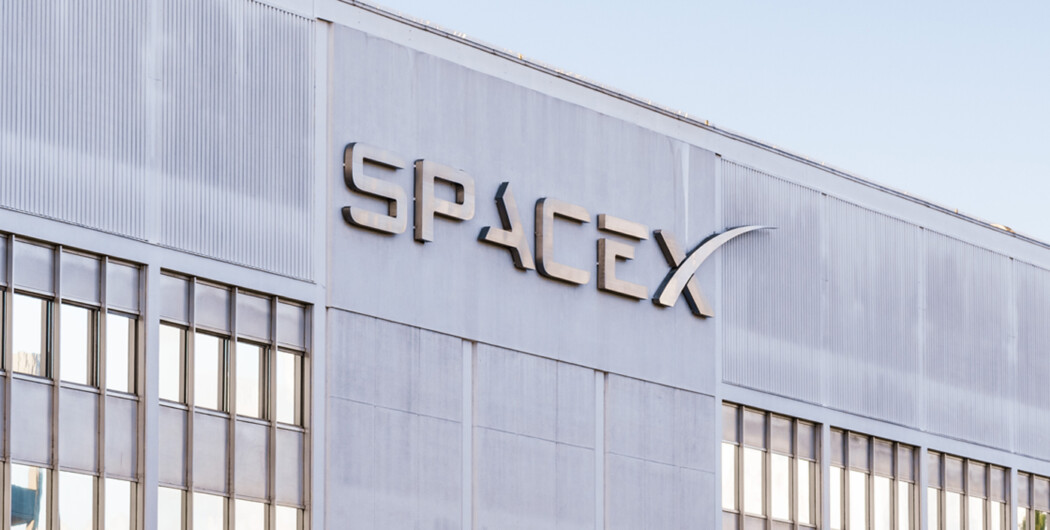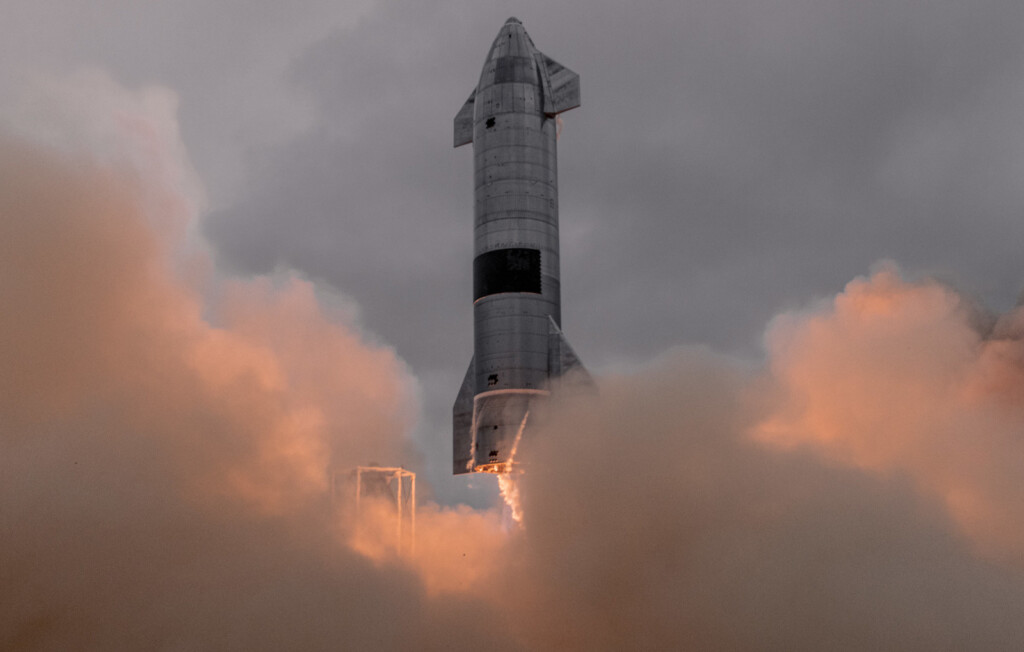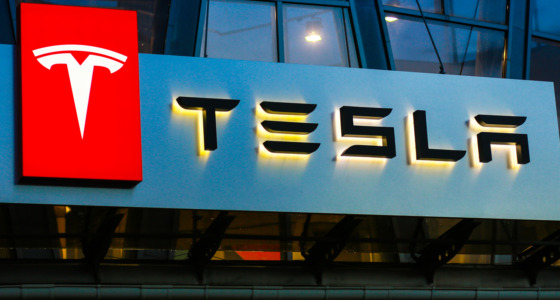

The world’s first space tourist, Dennis Tito, visited the International Space Station (ISS) in 2001. Now, at age 83, he wants to go back and has already signed a contract with the SpaceX company. With a lot of time on his hands in retirement, the billionaire made a Starship reservation for a flight around the Moon sometime in 2025.
How did SpaceX get here? Here is a rundown of the company that wants to revolutionize the aerospace industry and make spaceflight affordable.
Company profile

- Industry: Space, communications
- Founder: Elon Musk
- Founded: March 14, 2002
- Headquarters: Hawthorne, California, United States
- SpaceX company net worth: $127 billion (funding round in May 2022)
- Annual revenue: $2 billion
- No. of employees: 12,000
There are multiple SpaceX company locations, with seven offices in four states and four launch facilities (Cape Canaveral, Vandenberg Space Force Base, Kennedy Space Complex, and Brownsville South Texas Site).
SpaceX is still private, and Elon Musk has no plan to sell the SpaceX company stock.
Corporate affairs and leadership
You already know who owns the SpaceX company – Elon Musk. He is the founder, chairman, CEO, and CTO. But there are other key people within the organizations, such as president and COO Gwynne Shotwell and vice president Mark Juncosa that oversee facilities and operations.
There are seven people on the board of directors, the most notable ones being Elon’s brother Kimbal Musk and the co-founder of PayPal Luke Nosek.
History of SpaceX
SpaceX’s timeline can be divided into seven periods:
- 2001-2004: Musk joined Mars Society’s board of directors in 2001, which revived his interest in space exploration. Within a year, he started looking for staff and launched the company.
- 2005-2009: SpaceX’s first orbital launch vehicle, the Falcon 1, made five trips from 2006 to 2009. The first three were failures.
- 2010-2012: The company headed in a new direction with a prototype of the Falcon 9, a reusable heavier lift vehicle.
- 2013-2015: The first commercial launch was in 2013, and the company first saw a rapid growth in contracts. The Falcon 9’s first major failure was in 2015.
- 2015-2017: The Falcon had a successful landing on the autonomous spaceport drone ship in 2015. SpaceX returned to flight two years later, and the Falcon 9 went back to space.
- 2017-2018: By early 2018, SpaceX had over 100 launches.
- 2019-present: The Starship and Starlink projects began in 2019, and the company successfully launched two NASA astronauts in 2020. Now, there are discussions with the European Space Agency about using the launchers instead of Russia’s Soyuz.
SpaceX company mission and culture
SpaceX’s ultimate goal is to escape the aftermath of overpopulation and depleting natural resources. Musk believes the solution is enabling people to live on other planets.
The SpaceX company culture is based on the drive to solve complex problems as a team, challenge established processes, and transform failures into learning opportunities. Being around innovative thinkers is also seen as a plus.
However, employees expressed frustration about the lack of diversity, equity, and inclusion. Also, there have been reports about management “not understanding that employees have lives outside of work”.

Hardware: spacecrafts, Starship, Starlink

The company’s initial focus was launch vehicles and rocket engines. Its flagship launchers are the medium-lift Falcon 9 and the heavy-lift Falcon Heavy, both operational for Low Earth orbit. The rocket engine portfolio consists of Merlin, Kestrel, and Raptor.
The Dragon 2 and the Dragon XL were developed to transport cargo and crew to the ISS, and the autonomous spaceport drone ships were developed as landing sites for rockets after orbital launches.
Starship is SpaceX’s latest super-heavy-lift launch vehicle. The most striking innovation is that it’s fully reusable.
Starlink is an internet constellation of 4,425 cross-linked communications satellites with over 500,000 subscribers.
What’s next for SpaceX
SpaceX’s plans and priorities for 2023 are:
- Up to 100 launches
- Connecting mobile phones to LEO satellites
- A crewed lunar flyby with Yusaku Maezawa
- The first commercial spacewalk
- Polaris Dawn, the ninth crewed flight of the Crew Dragon
So, it seems like SpaceX will be pushing its most successful projects even further.








